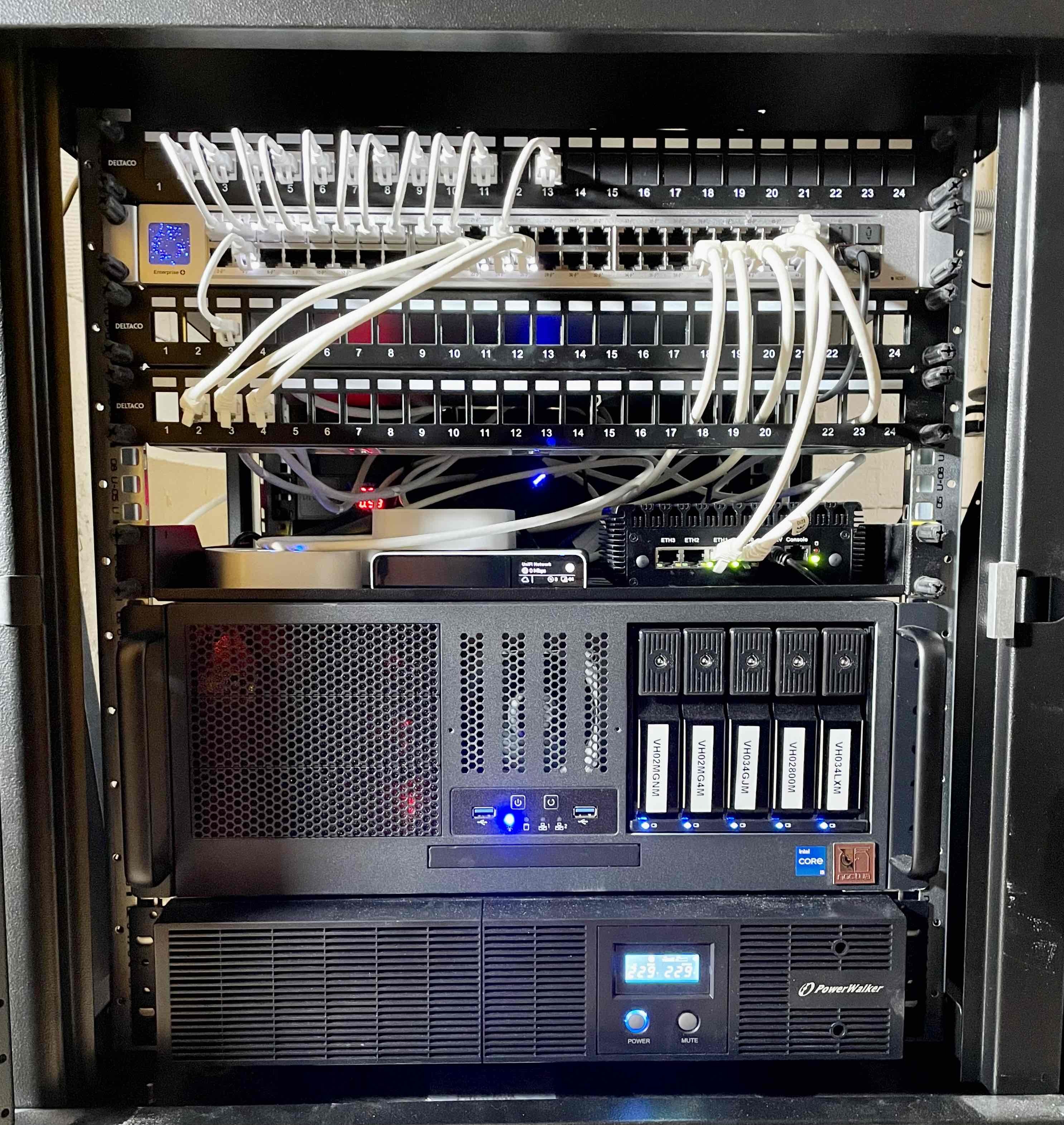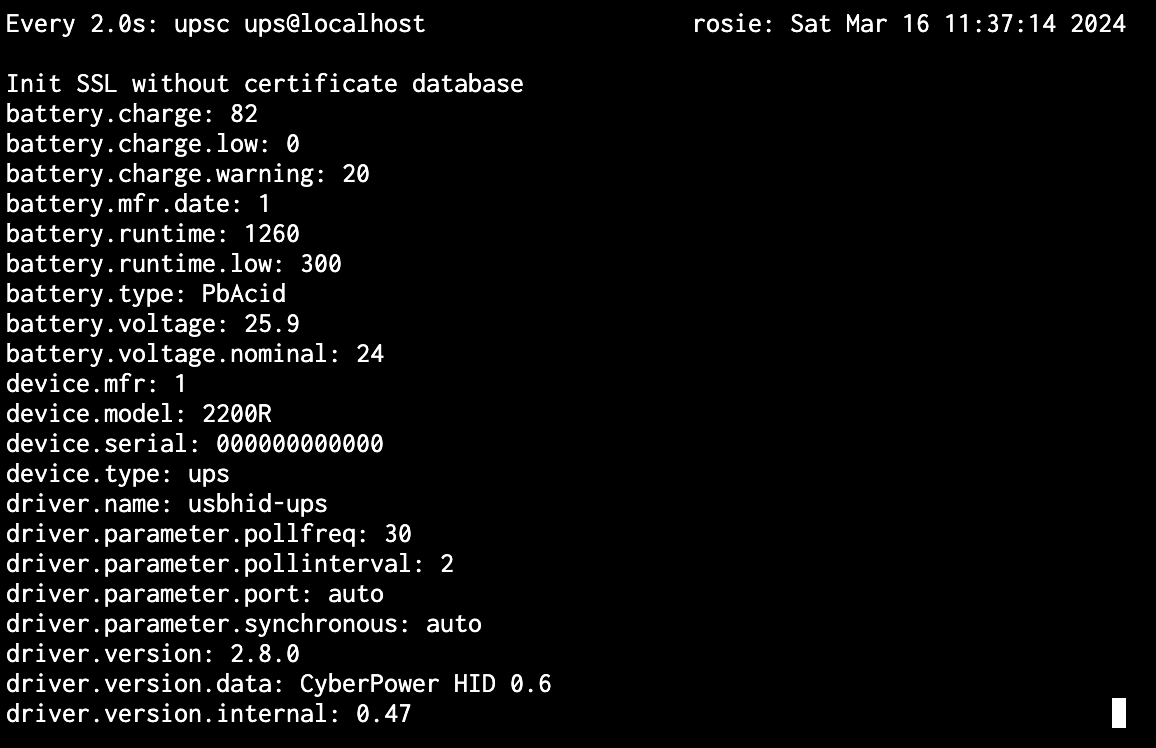Selfhosted
A place to share alternatives to popular online services that can be self-hosted without giving up privacy or locking you into a service you don't control.
Rules:
-
Be civil: we're here to support and learn from one another. Insults won't be tolerated. Flame wars are frowned upon.
-
No spam posting.
-
Posts have to be centered around self-hosting. There are other communities for discussing hardware or home computing. If it's not obvious why your post topic revolves around selfhosting, please include details to make it clear.
-
Don't duplicate the full text of your blog or github here. Just post the link for folks to click.
-
Submission headline should match the article title (don’t cherry-pick information from the title to fit your agenda).
-
No trolling.
Resources:
- selfh.st Newsletter and index of selfhosted software and apps
- awesome-selfhosted software
- awesome-sysadmin resources
- Self-Hosted Podcast from Jupiter Broadcasting
Any issues on the community? Report it using the report flag.
Questions? DM the mods!
view the rest of the comments


+1 for UPS. So many PC gamers on reddit crying about their build getting fried by a power fluctuation. I never understood somebody that would drop 2-3k on a graphics card but not $300 on clean power delivery
Never heard of anything like that. Do you know anything where I can read up on it? Is it dependent on the country you live in and the stabliness of the powergrid? Because I do not even remember the last time I had no power, probably 5-10 years ago.
Living in the Midwest, I’ve never really dealt with a major power outage we didn’t expect. Power company will send out a (very rare) notice if they are doing anything that might bring down power and usually if a thunderstorm starts to get rough, we shut down anything important so power flicker/surges don’t hurt it.
Brownouts are a thing, and can kill devices just as well as anything else. And th can be undetectable by human senses. They won't necessarily cause even a microwave to lose it's clock.
Unless you have a measuring device at your location, you really have no idea what your power looks like.
Sorry, initailly replied to wrong thread. Not meaning total loss of power, but power fluctuations, brownout, over volt, amps and volts out of phase. You won't normally don't notice because it is short, or not noticable in lights or monitor etc. But with active UPS monitoring you can watch spikes in your power grid. A UPS will see this and rectify power to within normal range. Or an occasional drop in voktage will kick in the UPS to bridge the power drop gap. Then there are major surges that a UPS will buffer by regulation or breaking power to your device.
Same, over 25 years without issue. But I know once I get a UPS, Im going to have to babysit the thing and change the battery out in it ever few years. So it makes me wonder if its something I really need for just a gaming pc?
Actually there are also simple "surge protectors" that do not have batteries, but will prevent most damage to electric equippment. However these will not prevent data-loss from unexpected shut-downs.
Most UPS also have an surge-protector built in though.
Depends on how much you spent on your PC, and how reliable your grid power is. Ours is decent, but we get windstorms that create variation in the transmission. 13 years ago I didn't bother with UPS but then we had a power failure, back on, failure , back on, all within a second or so. Killed my Dell Powersupply and graphics card blew one hdmi port. Since then I have had one. had to change the battery last year for $80. It has saved me from brownout when a crow vapourized itself on the transformer outside our place. And every few months the logs show voktage correction for overvolting AC. it is cheap insurance that your syatem is getting clean power. Last month my laptop charger power pack shorted internally, so UPS immediately shutdown power. Even if it wouldn't have overloaded the laptop, it possibly prevented a fire since the short was not enough draw to blow the panel breaker.